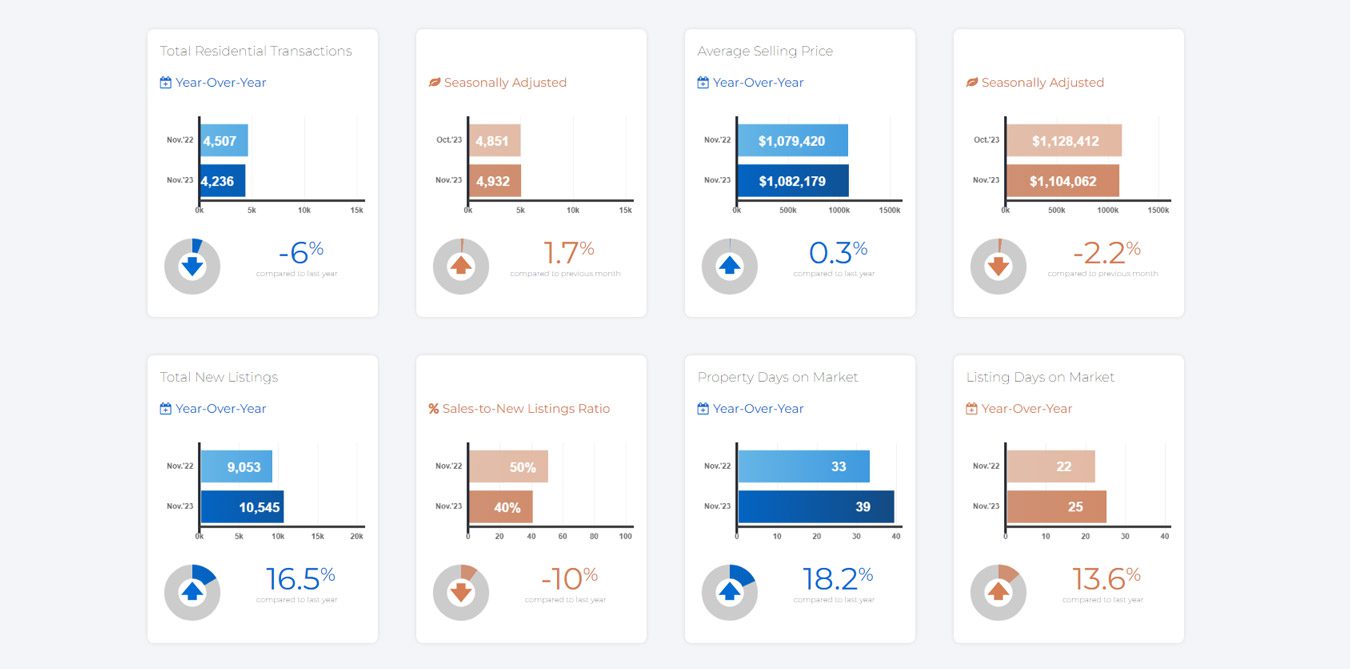What affects my home’s appraised value?
What drags down your home’s appraised value — and the exact fixes that work fast?
Quick answer up front
Appraised value comes from three things: what comparable homes sold for, the house’s condition, and the current market. Get these three right and you control your price. Ignore them and you’ll leave money on the table.
Appraisal vs. Home Inspection — why both matter
A home inspection documents condition and safety issues. An appraisal converts condition and market data into a dollar number. Inspections feed the appraisal: major defects found on an inspection (roof leaks, foundation issues, mold, electrical hazards) will lower the appraisal or trigger required repairs.

Top factors that affect your home’s appraised value
- Location and neighbourhood comparables (comps): Appraisers rely on recent sales of similar homes nearby. Strong comps = higher value.
- Market conditions: Rising markets lift appraisals; falling markets compress them. Timing matters.
- Square footage and usable layout: Appraised value depends on measured living area and how functional it is.
- Condition and deferred maintenance: Visible wear, mechanical failures, or deferred maintenance cut value fast.
- Quality of upgrades and finishes: Kitchens, baths, windows and HVAC updates add value — but only if done to market standards.
- Permits and code compliance: Unpermitted work may be excluded or penalized in the appraisal.
- Curb appeal and first impressions: Landscaping, exterior paint, and a clean entry increase perceived value.
- Functional obsolescence: Odd layouts, lack of bedrooms/baths, or poor flow reduce value compared to comps.
- Environmental and structural issues: Flood zones, termite damage, foundation cracks and water intrusion are value killers.
How inspections influence appraisal outcomes
- Documented defects become appraisal adjustments. Appraisers reduce value for issues that affect marketability or require costly fixes.
- A clean pre-listing inspection can prevent last-minute appraisal surprises and speed up underwriting.
Action plan to maximize appraised value (do this before listing)
- Order a pre-listing home inspection. Fix safety and structural items first.
- Pull and present permit records and receipts for renovations.
- Prepare a one-page list of upgrades with dates and costs for the appraiser.
- Clean, declutter and boost curb appeal: small investments yield big appraisal returns.
- Get a Comparative Market Analysis (CMA) from a realtor so the appraiser sees relevant comps.
- If you have unpermitted work, either get it permitted or disclose and provide mitigation documentation.
Why a local expert matters
Local market knowledge changes appraisals. The right realtor brings recent comps, strong upgrade documentation, and a pre-listing inspection plan that protects value. That reduces surprises and increases sale price.
Need expert help coordinating inspections, repairs and appraisal strategy? Contact Tony Sousa, a Toronto-area realtor who positions listings for top appraised value. Email: tony@sousasells.ca | Call: 416-477-2620 | https://www.sousasells.ca
Get the appraisal working for you — not against you.




















